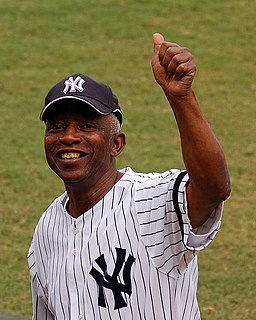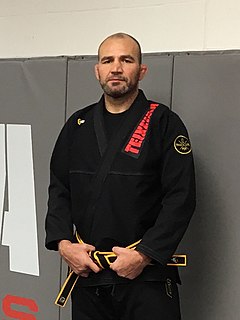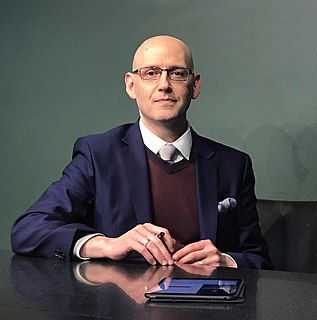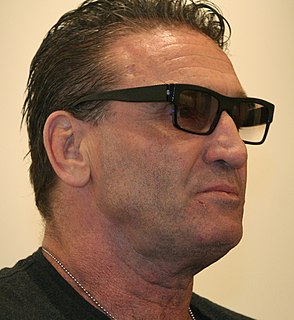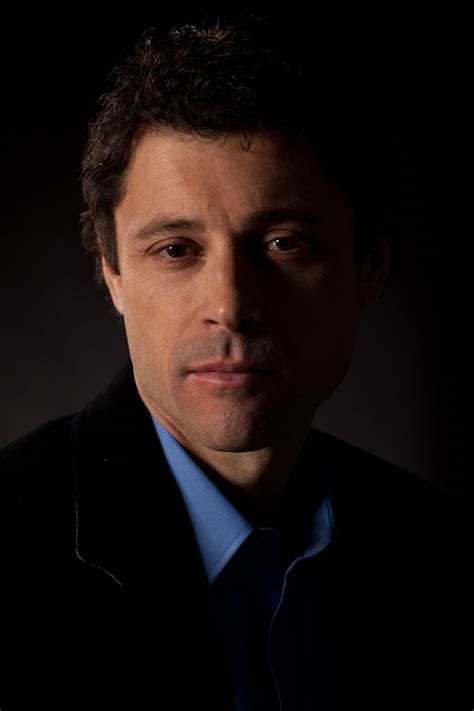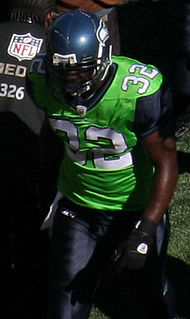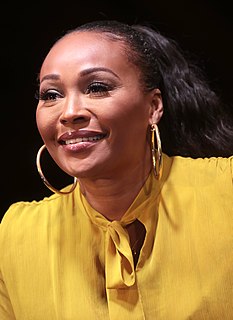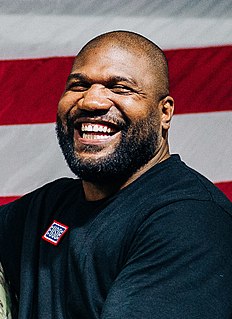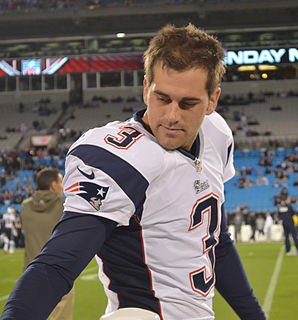A Quote by Mickey Rivers
We yelled, mostly, but bad enough that you wanted to fight. That's how we became winners. We fought each other. When you did something wrong, we'd tell you about it.
Related Quotes
My favorite fight was when I fought Rampage. I always wanted to fight Rampage because of the way he fights. It's about pride. The way he comes forward. My friends in Brazil would always tell me they wanted me to fight Rampage. When I fought him, it was a big deal for me. It was the first big fight I was in. It was a great fight.
I will tell you what, the Rock was my nemesis. We did enough for each other; we put each other over to be famous. If we didn't have that feud with each other, we wouldn't have had the success we both had in pro wrestling. We really did build each other. I'm very thankful we had those opportunities and those matches.
She imagines him imagining her. This is her salvation. In spirit she walks the city, traces its labyrinths, its dingy mazes: each assignation, each rendezvous, each door and stair and bed. What he said, what she said, what they did, what they did then. Even the times they argued, fought, parted, agonized, rejoined. How they’d loved to cut themselves on each other, taste their own blood. We were ruinous together, she thinks. But how else can we live, these days, except in the midst of ruin?
I love boxing and it did a lot for me. But sometimes it made me think how savage human beings could be to each other. That wasn't the kind of boxer I wanted to be. My strategy was to be as scientific as I could when I fought. I didn't want to be seriously hurt, and I didn't want to do that to anybody else either.
I think that's probably the number one reason why collaboration is good. You disagree with each other about things and then what we always say is whichever one of us is more passionate about the issue is the winner because if you care about something enough to fight for it, that means it's probably a good thing.
I've made game-winners, I've missed game-winners. I've pitched shutouts, and I've given up 10 runs. You just deal with the experiences and learn how to get over the bad outings and learn from them, so they don't occur time and time again. You take what you did right from the good games and turn those into, 'How do I repeat that success?'
